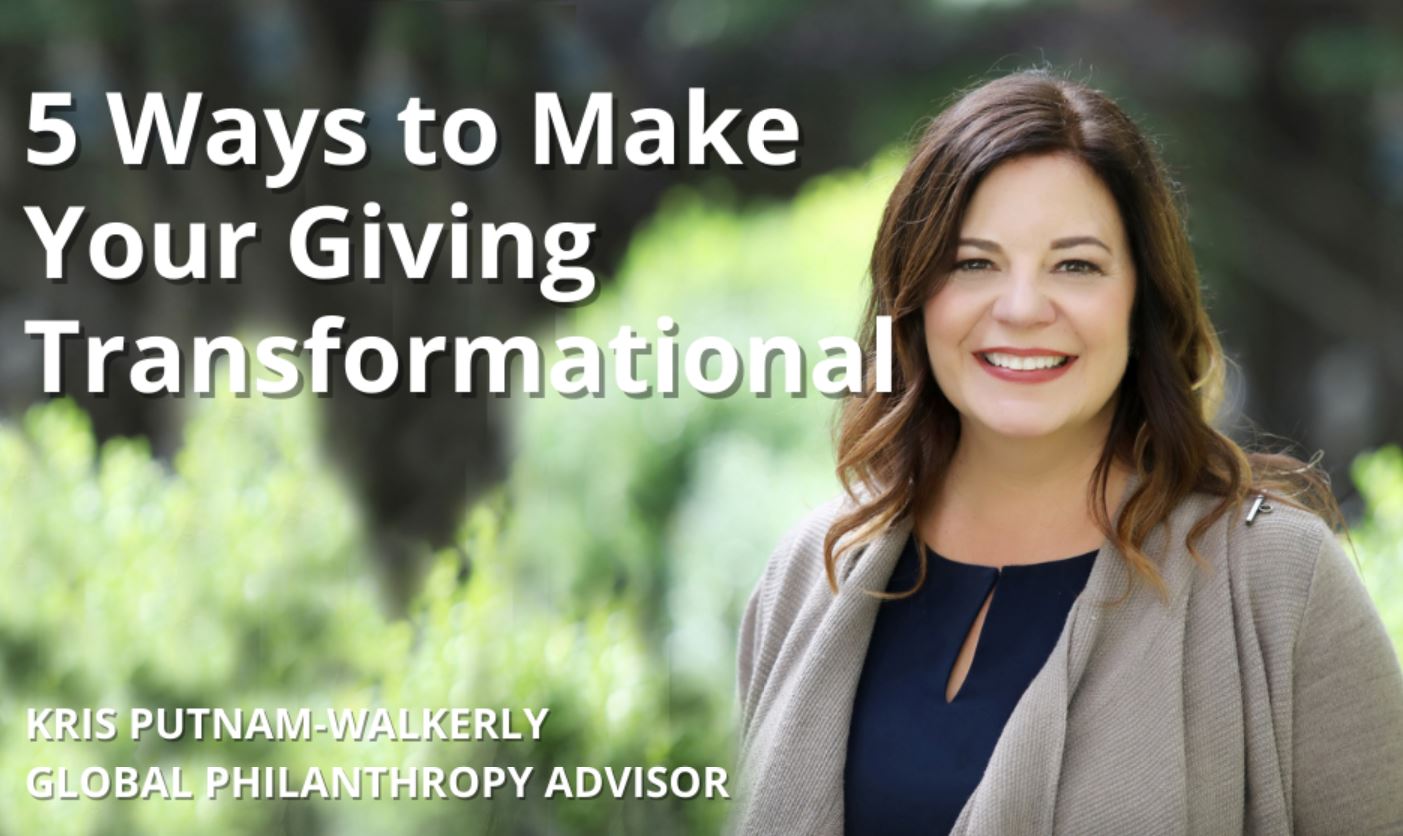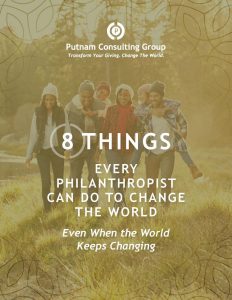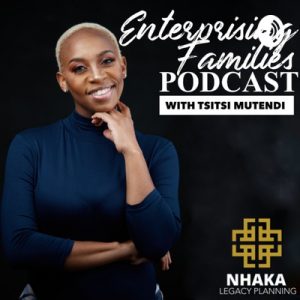Is your philanthropy set up for maximum impact?
If you want your philanthropy to help change the world, you might need to change how your funding is structured. In addition to disrupting longstanding power dynamics between grantor and grantee, the way you structure your funding should align with the type of impact you wish to see.
For example, if you want to achieve long-term results, provide long-term support. If you seek to strengthen the organizations that are solving problems, provide funding that builds their infrastructure, capacity, and talent. If you expect the organizations you fund to achieve specific outcomes, ensure that they have adequate resources. If you recognize your grantees must be nimble and adapt to rapidly changing conditions, offer flexible funding and get out of their way.
Below are five different approaches to funding that will help you—-and your partners—-increase your impact velocity.
- Build trusting relationships.
As human beings, we depend on trust levels to guide us into new relationships and to see them through, especially when the going gets tough. To be an effective philanthropist means recognizing and changing behaviors that undermine trusting relationships. It may seem like a complex issue, but establishing trust isn’t that difficult. It involves being a patient listener, being authentic about who you are, being honest about what you do and don’t know, being willing to make mistakes, and keeping your word. - Engage diverse perspectives and let go.
Our society tends to equate the accumulation of wealth with superior intellect—-or at least with superior know-how. It’s a fallacy that leaves funders frustrated by the poor results of their philanthropic investments. So, instead of confusing poverty or other forms of need with an inability to innovate or a lack of motivation to improve, funders should seek answers within the communities they wish to serve. In other words, learn from and give up some of the control you have over your philanthropic funds to those who know what it will take to make change. - Offer multiple years of support.
The programs that nonprofits operate and the needs they address aren’t one-off occurrences. Why should their funding be? Instead of offering funding for one year, consider offering it for multiple years. There are substantial benefits to multiyear funding. When nonprofits have more stable, predictable streams of support, they can spend less time scrambling for money and more time strengthening their organization and making a difference for your community. Nonprofit leaders get freed up to lead. It also allows NGOs the ability to plan and make the best long-term decisions. - Provide general operating support.
Like multiyear grants, core support funding frees up the time nonprofit leaders spend on fundraising, so they can allocate their time where they’re needed most—achieving their mission. It also helps reduce the burnout many nonprofit leaders feel just keeping their organizations afloat. On top of that, it can be a lot easier on the funder. Instead of spending long hours devising complex outcomes and grant requirements, you invest in the organizations and leaders you feel will best advance your philanthropic goals. - Strengthen organizational capacity and talent.
Just as core operating support is vital to help nonprofits be agile, seize new opportunities, and keep the lights on, capacity-building funding helps them be strong. It means strengthening the organization’s ability to achieve its mission, as opposed to funding specific programs. What are these capabilities we’re talking about? Everything from leadership to strategy, including financial management, governance, evaluation, fund development, program quality, communications, technology, and diversity, equity, and inclusion—the knowledge and skills you need to be an effective organization.
While it’s common sense, too few philanthropists heed this advice. They nod their heads in genuine agreement. But then they continue providing funding the way they always have. Small grants, one-year grants, and project-specific grants. Grants with lots of hurdles grantees must jump over. Grants with unrealistic expectations compared to the funds provided. Grants that meet the interests of the funder while forcing the nonprofit to stray from its mission. That’s one reason I wrote the book, Delusional Altruism: Why Philanthropists Fail To Achieve Change and What They Can Do To Transform Giving, to help change these patterns.
To have a transformational impact on whatever issue you’re passionate about, you need to give in ways that create lasting and sustainable change. To do that, you also need to transform yourself and how you give. How you give matters.
Whether you are just getting started in philanthropy, want to refresh your giving strategy, or need to catapult yourself to your desired future, I can help. Call me at +1-800-598-2102 x1, email me at kris@putnam-consulting.com or schedule a call.
If you need help implementing any of these ideas, let’s talk!
You can email me, call me at +1.800.598.2102, or schedule a call.
Navigate the unknown with confidence!
This free download will help you create a powerful giving plan in radically uncertain times.
So many funders I talk to lately are feeling overwhelmed (and exhausted) because conditions keep changing and it’s hard to plan for an unknown future. But while the future is uncertain, we don’t have to be. You can’t afford to “wait and see.” With these practical how-tos, you can pivot with purpose!
Listen to my interview with Tsitsi Mutendi on Enterprising Families Podcast.
On this episode, I share insights on Philanthropy and Delusional Altruism and we take an in-depth look at the everyday issues that affect Family Businesses and Family Enterprises. Focusing on the essential conversations like Family Governance and Succession Planning and the intricacies that affect transitioning between generations, having multigenerational families, and managing wealth and the impact of wealth. Hosted by Family Governance Expert and Nhaka Legacy Lead Consultant Tsitsi Mutendi.









